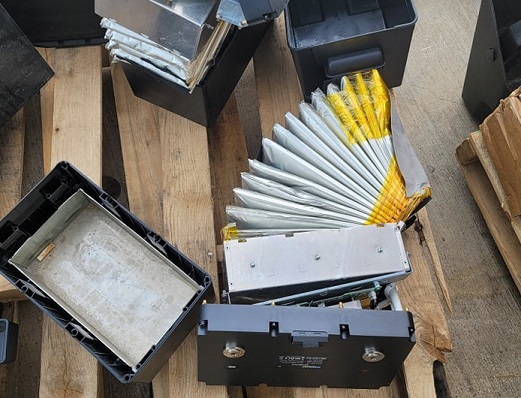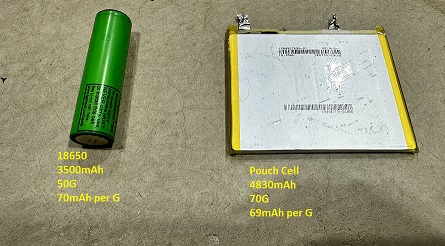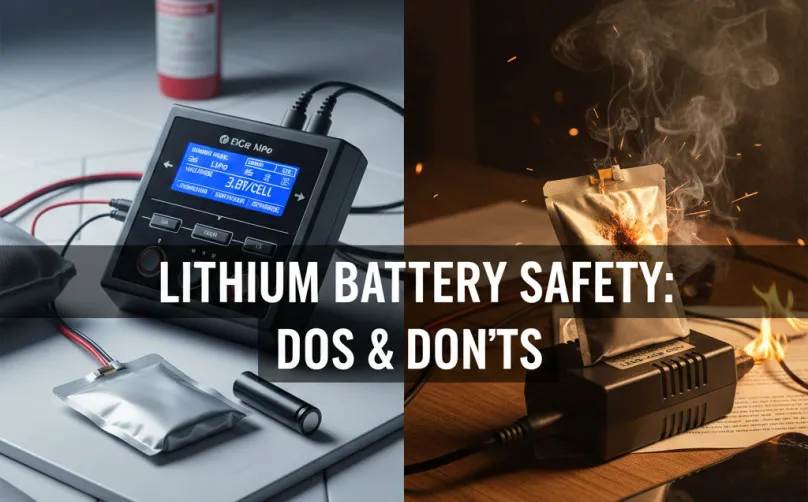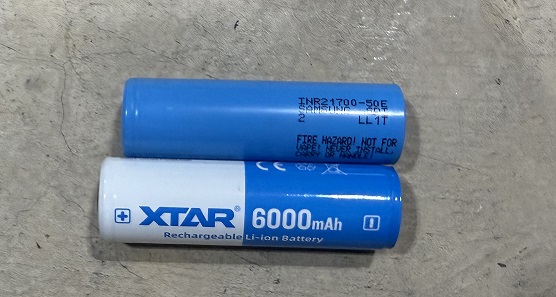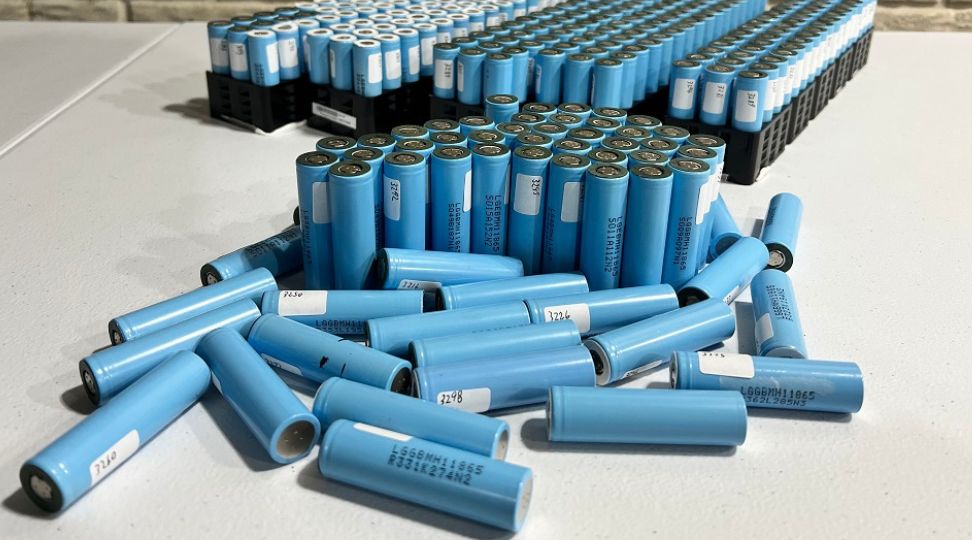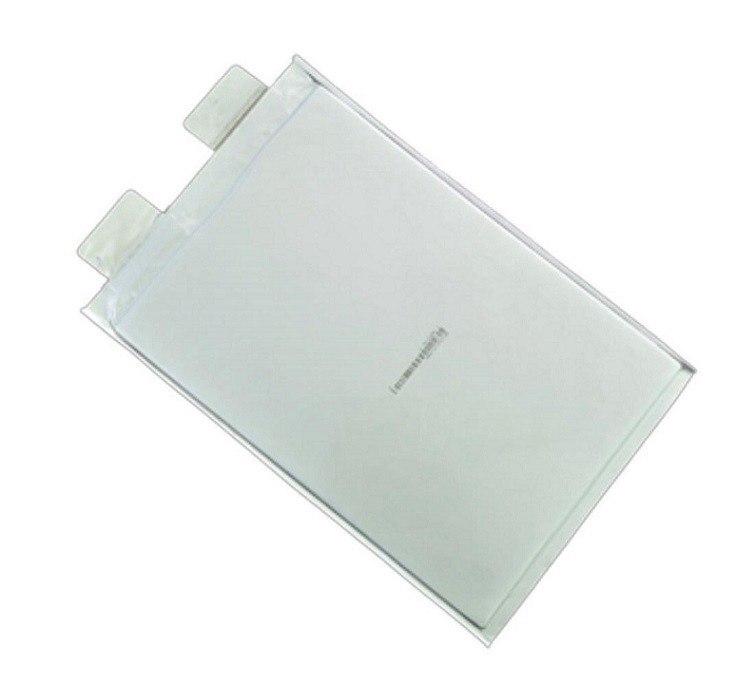
Disadvantages of Pouch Lithium Battery Cells
Table of Contents
The disadvantages of pouch cell batteries are multifaceted, the two main downsides are their extreme fragility and their diminished lifespan when compared to other cell types.
Pouch Cell Fragility and Risk of Explosion
Pouch cell batteries are notorious for their delicate nature. They are especially sensitive to changes in their environment. Slight bending or an increase in current can cause them to expand, and if they are unable to do so within a confined space, this swelling could lead to all kinds of secondary issues. Due to their more fragile nature lithium battery safety concerns are heightened.
Even under normal operation, a pouch cell battery expands slightly. This swelling intensifies towards the end of its state of charge and further increases when a high amount of current is drawn from it. If a cell malfunctions, experiences an over-current, or is over-discharged, it will undergo substantial swelling. The cells are so sensitive that even a deep poke of their outer casing is likely to cause a thermal runaway situation.
Pouch Cell Design Constraints
The design process of a battery pack using pouch cell batteries is intricate. It doesn't stop at just building the battery but extends to the construction of the battery compartment or case. The compartment or case must be reinforced and sized to allow for cell expansion, and must also provide an emergency escape path for any high-pressure fumes that might suddenly be released from the pack. There are battery pack designers out there but as of now, most are geared toward cylindrical cells.
Unless an application explicitly requires lipo cells, there is little reason not to go with something a tad more reasonable. There are several other cell types that can deliver the same or even more performance than lipo cells in several metrics. It is highly advantageous to consider using cylindrical cells over LiPo based pouch cells if possible.
Using pouch cell batteries should only be considered if the device in question has a highly specific space requirement, requiring a particularly high current output from the battery pack considering its size, and if the user is capable of managing all the supplementary tasks and precautions required for a safe and reliable operation.
Pouch cells have many disadvantages - from their fragility, risk of explosion, shorter lifespan, and lower energy density, to their intricate design requirements - significantly limit their usability and make them a less desirable choice compared to other battery technologies. Their use should be carefully considered and should only be chosen when no other viable options are available.
Pouch Cells Reduced Lifespan and Energy Density
In comparison to canister cells, pouch cell batteries have a reduced lifespan. This results from their manufacturing process and the use of a plastic solid electrolytic. These factors significantly impact the reliability and longevity of these batteries. You could limit certain factors in order to increase battery cycle life.
Although pouch cell batteries, or lipo cells, boast a higher packing efficiency and technically support higher currents compared to canister cells, they have a slightly lower energy density. Although the overall gain is still net positive after considering the packing efficiency, the margin is small, and honestly, I'm not sure if it justifies dealing with all the other issues that usually come with the use of lipo cells.
Are Pouch Batteries Better Than Cylindrical Cells?
That depends on the application. Pouch cell (LiPo) batteries can carry more current than canister cells (18650, 21700, etc) and fit into odder spaces in some situations. They are, however, far less reliable and far more dangerous to operate. Considering those drawbacks, it’s rather difficult to consider pouch cells better than cylindrical cells in any meaningful way. Cylindrical batteries can be produced using an extremely high level of automation, which means they are also much lower cost to make.
Are Pouch Cells Really That Bad?
I wouldn't exactly call them ‘bad’, but they certainly come with several major risks and disadvantages. In the right application, pouch cells can be a perfectly viable solution. Due to their nature and the fact that we have so many options out there when it comes to batteries, pouch cells should only be used if your application absolutely requires them. As always make sure you are choosing the proper BMS and safety precautions in any build.
